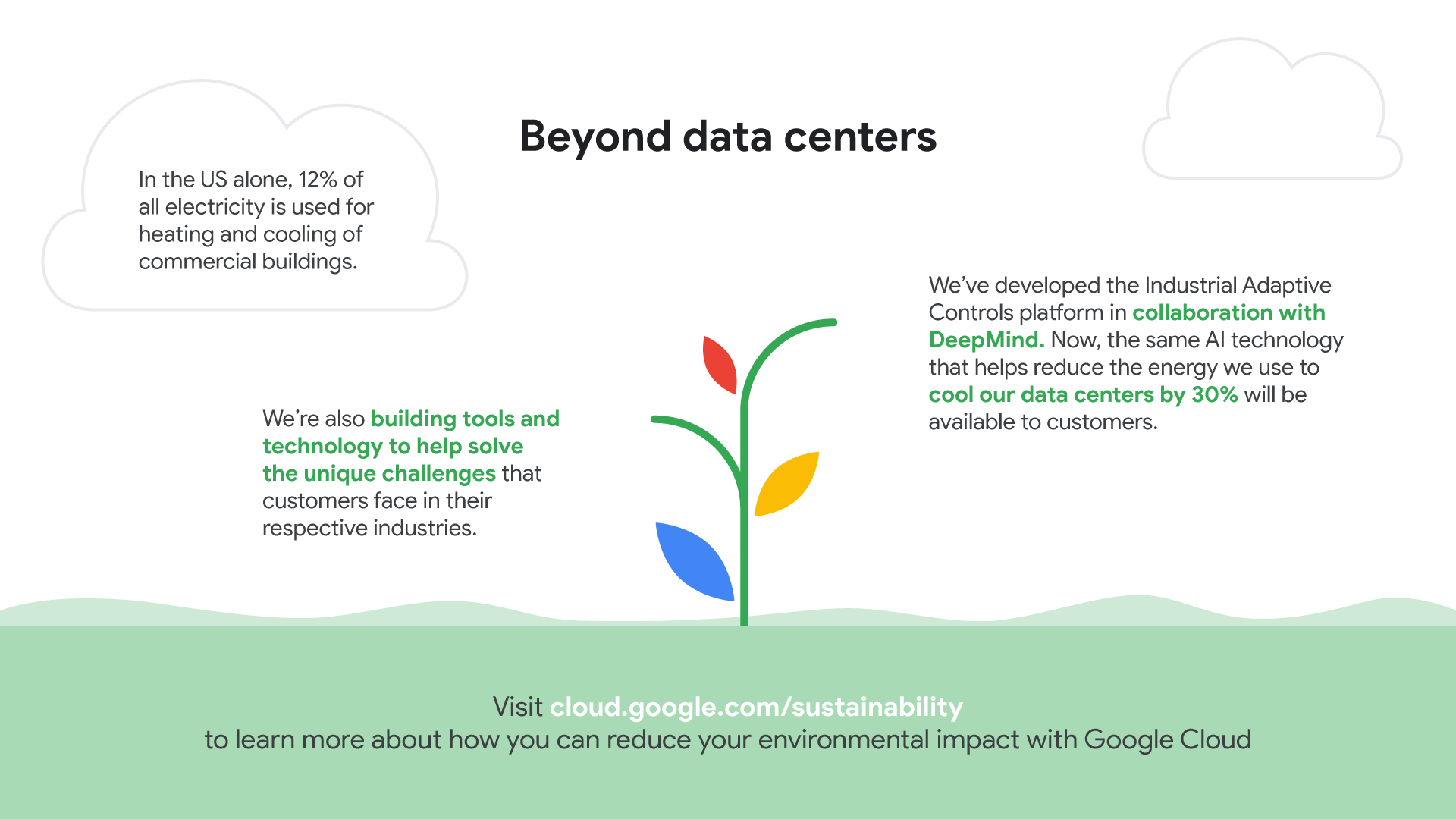Are carbon emissions now on the Private Equity radar?
Last week Blackstone announced plans to cut carbon emissions by 15%. This is within the first three years for new investments.
That’s a good start.
Green savings are often overlooked in tech, particularly the cloud.
Cloud providers are doing most of the heavy lifting reducing emissions for you.
1) Planting trees to offset carbon
2) Putting data centres underwater
3) Using AI to decided when to cool servers
Even with the cloud providers doing you a favour, the cloud still has a big impact on your green credentials.
Being green has the added benefit of saving big $’s.
A few weeks ago I mentioned that most companies are using 50-70% more cloud capacity than they need. This also means spending 50-70% more than they need to.
Let me take you on a journey through time.
It’s the year 2013.
- Richard III is found under a car park in Leicester
- Hugo Chávez, Margaret Thatcher and Nelson Mandela have passed away
- The ‘walkie-talkie’ skyscraper in London melted some cars.
There was a younger Thomas. Living with his not yet wife in a flat in North London (with blue carpet) spending his evenings trying to work out the impact of technology on carbon emissions.
Working with Insurance companies at the time meant seeing considerable data centre overspend.
For fun, I’d started to think about what the green impact was.
117,000 propane gas barbecues
Or 9,995 barrels of oil if you prefer.
That was how much carbon each year one company used on servers. The same is true in the cloud.
If green isn’t on your firms agenda yet, it will be soon.

Thomas
You can sign up for more ‘unconsidered needs’ below.
P.s. If you haven’t watched the new David Attenborough documentary, A Life On Our Planet on Netflix. You should. It is excellent.
If you want more “Un-considered Needs” you can sign-up here!




